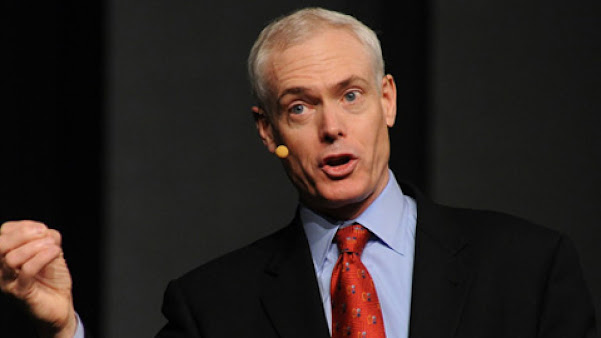Helping Students to continue education
Due to the pandemic and the closure of physical schooling, the education of more than 247 million children enrolled in elementary & secondary schools was impacted. Schools have resorted to online classes to help the students, but the children from the lower strata of the society were dropping out of schools, due to financial strain on families and having no access to the internet & digital devices. A responsible intervention was the need of the hour. Muthoot FinCorp true to its higher purpose of transforming the lives of the common man decided to come out with a helping hand to ensure the children continue their education. They launched an interest-free loan named RestartIndia Vidyadhan Gold Loan to help parents buy digital aids for their children. The service was available across India and customers welcomed it wholeheartedly with a total disbursement of over Rs. 50 Crores to more than 50,000 customers within the first month of launch. Organic BPS was fortunate enough to b


